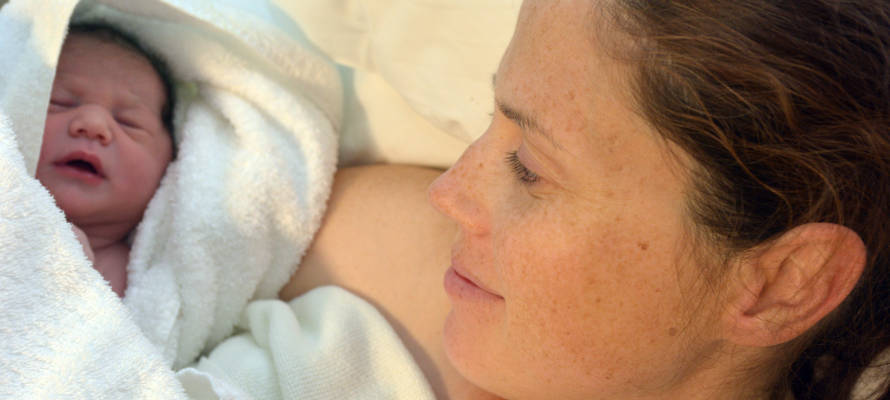
By Rabbi Ari Enkin, rabbinic director, United with Israel
The arrival of a child is a joyous occasion. This article discusses Torah law surrounding childbirth, including the question of whether to induce birth.
With the impending arrival of a new child, excitement in the family continues to build, especially in the final weeks leading to delivery. While pregnancy is generally a nine-month (or 40-week) enterprise, things don’t always go as expected. Babies sometimes come late, and sometimes they even come early.
Judaism is opposed to inducing birth, except under very extenuating circumstances. Among the reasons that inducing childbirth is frowned upon is that it causes a soul to enter this world at a time possibly not destined for it to arrive. We are taught that all people were born under some sort of personal mazal (“luck”), and an early delivery could possibly interfere with this Divine intention. Indeed, it is taught in kabbalistic works that predetermining birth may cause the child to die at a younger age, God forbid.
It is also possible that inducing a birth may be based on a miscalculated time for conception and hence the baby could be born prematurely and, therefore, with possible health risks. The opposition to inducing is also based on the Mishnah (legal commentary on the Torah), which teaches that one enters this world “against his will.” To decide arbitrarily the appropriate time for birth seems to contradict this venerated rabbinical teaching.
Of course, in a situation when the mother’s or baby’s health is at risk, no matter how slightly, inducing birth upon a doctor’s recommendation is a mitzvah (Torah commandment).
Childbirth and Sabbath Observance
As with all elective surgery, an induced delivery, whether through medication or caesarian section, should ideally never be scheduled on a Thursday or Friday, as according to halacha (Jewish law) one should never deliberately put oneself in a situation that would cause an unpleasant Sabbath.
While it is a mitzvah to do all that is necessary for a woman in childbirth even on Shabbat, care must be taken to do so minimally and respectfully when requested tasks involve Shabbat violations. It goes without saying that all lifesaving measures can be performed on Shabbat. If one anticipates a Shabbat delivery, all preparations for Shabbat should be made beforehand, including the packing of items that one would need to take to the hospital.
Being driven to the hospital on Shabbat by a Jew is permissible, but it must be done in a way that minimizes Shabbat transgression and maximizes the holiness of the day. For example, one should be sure to use the shortest possible route to the hospital, and the interior light in the car should be put in the “off” mode. While it is permissible for the father to be present during delivery, most authorities prohibit the father from observing the actual birthing process.
In Judaism, the birth of a child, boy or girl, is a joyous occasion. A short, special blessing known as Hatov v’Hameitiv (Blessed are You, oh Lord, our God, King of the universe, who is good and bestows good) should be recited promptly after the birth of a son, and when a girl is born, the blessing of Shehecheyanu (Blessed are You, oh Lord, our God, King of the universe, who has allowed us to live, has preserved us, and has enabled us to reach this season) should be made. It is also taught that mothers should begin to nurse their babies with the left breast, near the heart.



